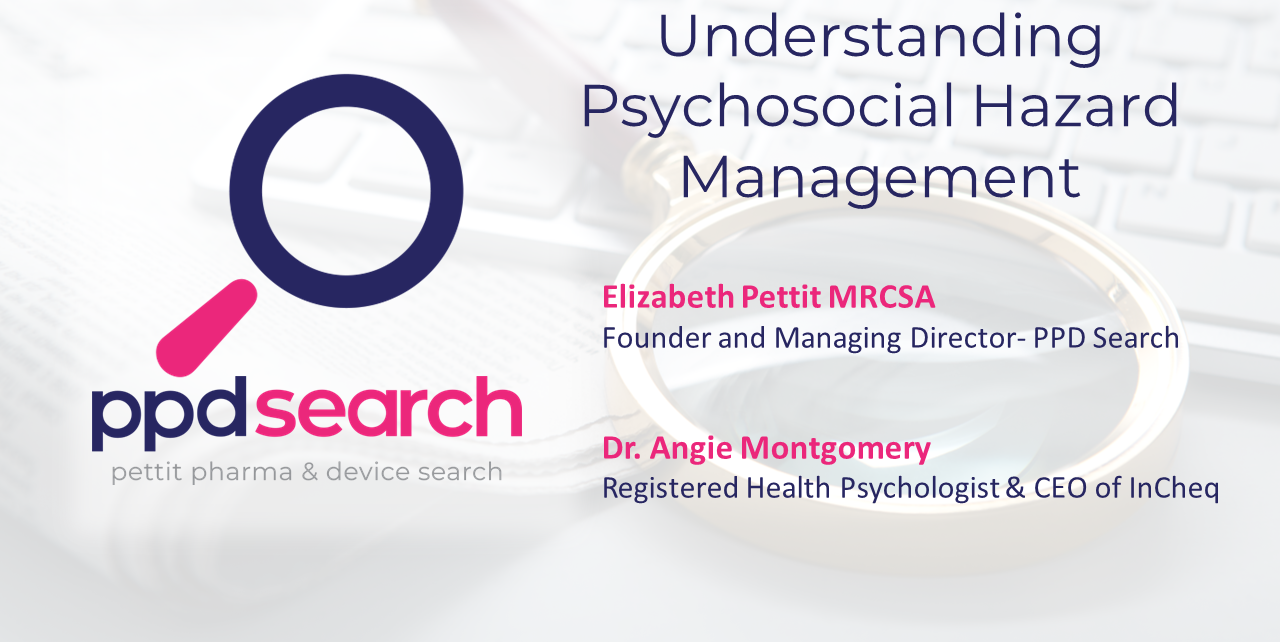How to avoid these common mistakes before applying to job ads posted by recruitment agencies
Published on October 1, 2019
Written / Hosted by: Dev Admin
May Villaruel | 1st October 2019
After enough contemplation as to whether or not you should quit your job or if you’re currently not employed and you thought it’s time to go back to a corporate environment, you finally come to a conclusion and tell yourself, “Yes, let’s see what opportunities are out there and start applying for jobs!”
For whatever reason, quitting your job or looking for your dream role after your current arrangement will always be challenging. Majority of the time, you will look for a job and accept an offer before actually handing over your well-written resignation letter to your boss (for those of you who are employed) unless you are leaving to take some time off to do soul searching or just because you want to travel the world.
Now, before you hit that APPLY button on that job ad you just read, we’ve come up with a list of common mistakes that you may not realise you’re making before actually applying and sending your CV. This would save you and the recruitment agency consultant a lot of time and effort before stepping up the recruitment process ladder.
- Outdated CV
When you have made a decision to look at opportunities out there, the first thing you should pay attention to is your CV. Apart from updating your current work experience, make sure your email, phone number and address is updated. There is nothing worse than missing a call from a recruitment agency trying to calling you on a phone number that no longer exists. Check for spelling and grammar mistakes in your CV as well. If you need advice on how to update your CV, read this, THE RESUME THAT WILL LAND YOU THAT DREAM JOB
- Going on vacation after applying

If you are a just a few weeks away from a vacation that you’ve already booked, apply after the vacation. If you hit APPLY now and go on leave and then you get an email invite for an interview but you are overseas, you might miss out on the opportunity. While you’re sipping one cocktail at a time on a remote island, the recruitment agency would have interviewed other candidates and would have endorsed them for a client interview who might potentially land that job.
- Not reading the entire job ad
A lot of the times, you’ll find very long job descriptions, benefits, qualifications and directions in a job ad posted by recruitment agencies. They include all these details in a job ad based on the job description provided by the company they are representing. All this detail is very important so you can evaluate your skills and knowledge against the job requirements. If the company is looking for someone very specific and you missed that bit where it said “3-year experience using XYZ CRM is a must” and you had applied, you will be wasting your time. It helps if you make notes against each job requirement and identify areas you’re knowledgeable and skilled at. Make a self-assessment of your skills against what the role requires and then make the decision to apply. Some of the ads would also include requirements such as having working rights to work in Australia, must be a resident of a specific state or permanent residents only.
- Not doing any research about the agency
 There are a lot of recruitment agencies out there and some of them specialise in a specific industry. Just like us, we specialise in Medical Device and Pharmaceutical Device sales in the Healthcare industry. Other agencies would specialise in Administrative roles for businesses. E.g., bookkeepers, executive assistants, receptionists. An industry specific recruitment agency usually requires candidates with industry experience unless the job requirements says otherwise. It would help to do a little bit of research about the recruitment agency who posted the job ad so you get an understanding of the type of companies they represent.
There are a lot of recruitment agencies out there and some of them specialise in a specific industry. Just like us, we specialise in Medical Device and Pharmaceutical Device sales in the Healthcare industry. Other agencies would specialise in Administrative roles for businesses. E.g., bookkeepers, executive assistants, receptionists. An industry specific recruitment agency usually requires candidates with industry experience unless the job requirements says otherwise. It would help to do a little bit of research about the recruitment agency who posted the job ad so you get an understanding of the type of companies they represent.
- Sending a generic Cover Letter
A generic cover letter that talks about your work experience may sound efficient as you can send this to any job you apply for but it doesn’t really address the key qualifications of every role. Tailor-fitting your cover letter is beneficial as it serves as a checklist for yourself and the recruitment agency that you tick all their boxes. Remember, if you are applying from any job board, your CV and cover letter lands on someone’s inbox along with hundreds of other applications. A cover letter that stands out will separate you from the rest.
- Multiple or mass job applications
Some people apply to all job ads posted by a recruitment agency without realising or checking that they may not be fit for every single role and when the recruitment consultant calls about one of their application, they don’t remember the job ad the recruitment consultant is calling about as they just clicked apply to every role posted. This item ties in a bit with number 3. Applying for another role that you think is suitable for you that was posted by the same recruitment agency is normal but applying to all jobs like joining the lottery is not right.
- Not sure if you want the role, you’re not ready
Sometimes people want to know what opportunities are out there but they are not 100% sure of what role they really want. When faced with a question from the recruitment consultant, e.g., “What made you interested in this role?” or “What is it about the role that you like?” and they say they’re not sure, it completely contradicts the whole point of applying. It would be better if you are 100% positive that this is the role you want and 100% decided that this is the next career move you’d like to take. Here’s a piece of career advise article that might help you.
- Not telling the recruitment agency you’ve applied directly to the client
Some recruitment agency clients prefer anonymity. You would only know the name of the company they are representing usually during the initial phone screening. As soon as you find out who it is, please be honest if you have applied directly or do not apply directly after finding out who they are. If you do, the recruitment agency will not be able to represent you as a candidate as this affects the client’s and recruitment agency’s agreement. Businesses seek assistance from recruitment agencies because they are experts in finding the right talent for the roles they want to fill; they have the right network and database and they give you free advice on how to be prepared for that potential client interview.
From our blog
View our blogs and webinar recordings for insights into recruitment in the healthcare industry, company culture and to hear from senior leaders in the healthcare industry on what they are doing in their organisations, along with tips on landing your dream job.


Register with us
A specialist recruitment agency, servicing the pharmaceutical, medical device and healthcare industries across Australia and New Zealand.
Quick Links
© 2024 PPD Search. All rights reserved. Privacy Policy | Powered with 🖤 by Shazamme.com




